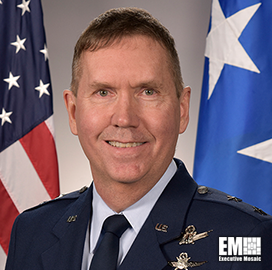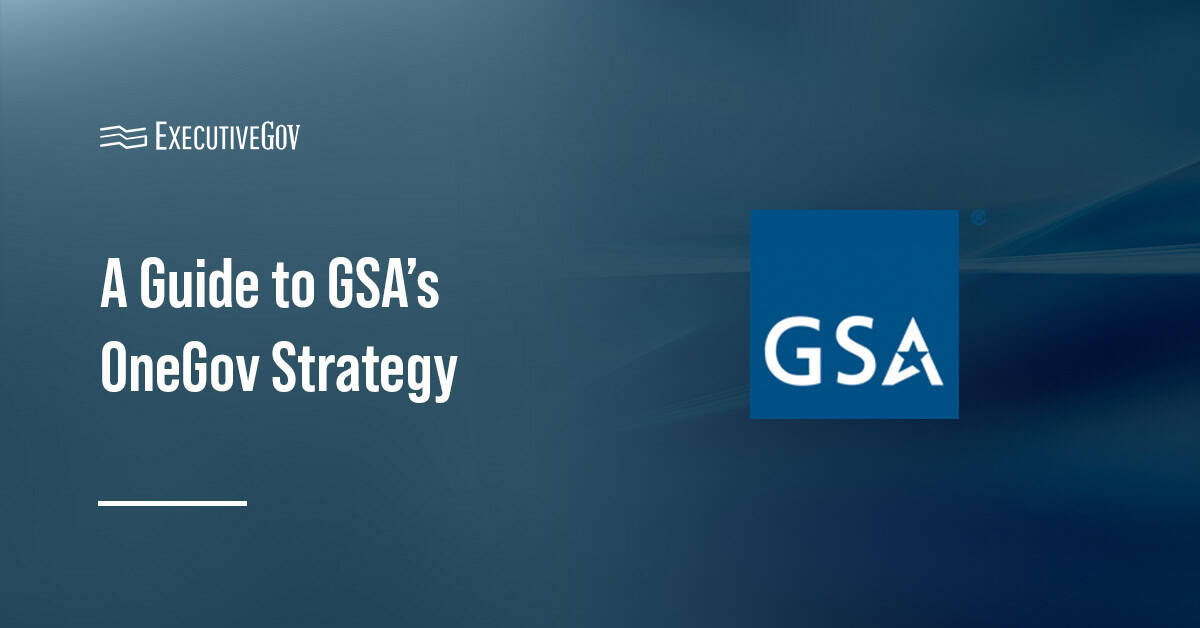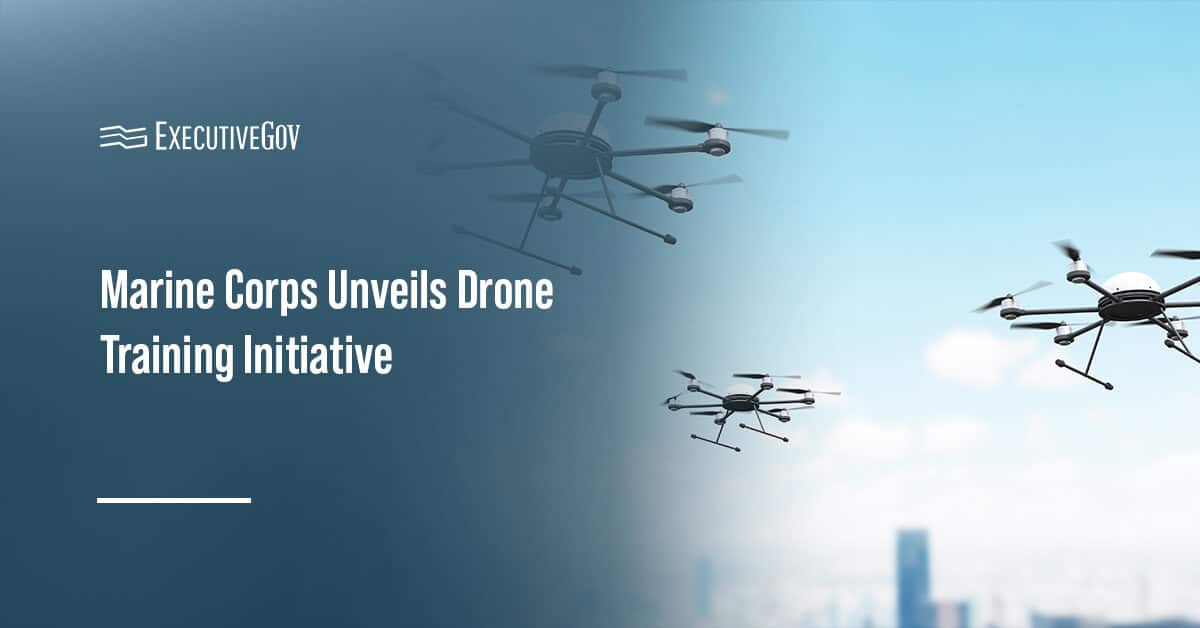Maj. Gen. Shawn Bratton, commander of Space Training and Readiness Command, said STARCOM is considering offering live operations training to Guardians in addition to conducting training in an “all simulation, all classroom environment,” Breaking Defense reported Tuesday.
“And it’s something we’re certainly thinking through and looking for help on is, you know, if I put a Guardian in a simulator, simulator, simulator and then put them on the ops floor live to fly GPS or communication satellite or any of the space capabilities, is that the best preparation? Or is it better if in training, they do some of those live activities?” Bratton said.
He said the command is turning to industry to seek help as it works on establishing its range infrastructure. He also offered updates on the proposed National Space Test and Training Complex.





